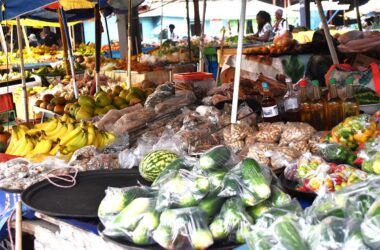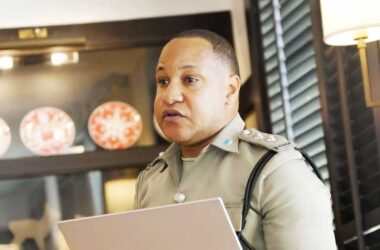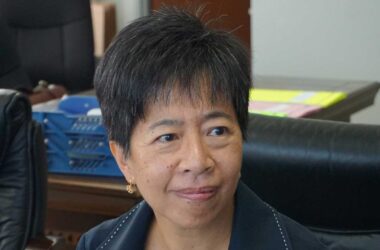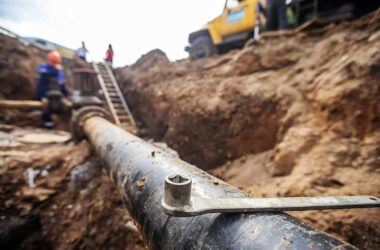Donald Trump is back in the White House, and his policies will differ from those of Joe Biden – that much he has already indicated. Today, countries worldwide are assessing how they will cope with four years of a US President who has often stated that he will always put his country first. Whether this means that Trump will have little time for other countries, especially small island developing states, we don’t know at this point.
However, we do know that the small island states of CARICOM, which operate within the US sphere of influence, cannot afford to sit back and wait for Trump to come to them. They must be proactive in seeking an audience. After all, they, like the rest of the world, had a stake in Tuesday’s elections, because the United States is still the most powerful country in the world, economically, technologically, culturally, militarily, and exerts great ‘soft power’ and, most importantly is our very close neighbour.
We stress the need for small island states to be upbeat in engaging the new US administration because Trump has been very vocal about his domestic and foreign policies, from claims of engaging in mass deportation of immigrants from day one of his presidency – a move that could affect remittances to the Caribbean – to wanting to impose a 10 per cent tariffs on goods entering the US, which could have an impact on the Caribbean. Trump has not hidden what his agenda as president will look like.
We can only hope that small island states from the region have a plan to weather any negative impact Trump’s policies may have on their tourism industry, their efforts at regional integration, development assistance, remittances and other areas.
Maintaining engagement with the US is crucial for small island states like those in the Caribbean, not only because of the threats posed by an increasingly aggressive outside drug trafficking trade and the proliferation of guns in almost, if not, all the islands, but also because of the recognition that the US is the Caribbean’s largest economic partner, and it being a neighbour can be of great help in mitigating these threats.
That being said, it must be noted that the region’s small island states will be doing business with a new administration and as such need to be aware or be guided by that new administration’s policies.
Now, more than ever, small island states of the Caribbean must call on the United States, as their largest economic partner in terms of commerce, investment, and tourism, to do more to assist them in achieving sustainable development. We reiterate and will continue to do so, that assistance from the US in reducing the flow of firearms into island states of the Caribbean is imperative as it could result in the saving of lives both of Caribbean and American citizens seeing that the region is a vacation hub for Americans.
The small island developing governments of CARICOM must continue to recognise the damage that climate change can inflict on them. It is well known that Trump does not perceive climate change as a current threat. In contrast, they see themselves as among the most susceptible to climate change in the world.
No doubt the small island developing states of CARICOM have their work cut out for them in persuading the Trump presidency to pay more attention to their concerns.


![Julien Alfred, left, edges Jacious Spears to win the women’s 60 metres at the Tyson Invitational in Arkansas, USA on Friday [Photo credit: CMC]](https://thevoiceslu.com/wp-content/uploads/2026/02/Julien-alfred-1-380x250.jpg)
![Denver Alphonse Jr. [Photo Credit: ASC KCS]](https://thevoiceslu.com/wp-content/uploads/2026/02/Denver-Alphonse-Jr-feat-380x250.jpg)
![On field action in the Bay Bay Cup [Photo credit : MYDS]](https://thevoiceslu.com/wp-content/uploads/2026/02/On-field-action-in-the-Bay-Bay-Cup-feat-380x250.jpg)








